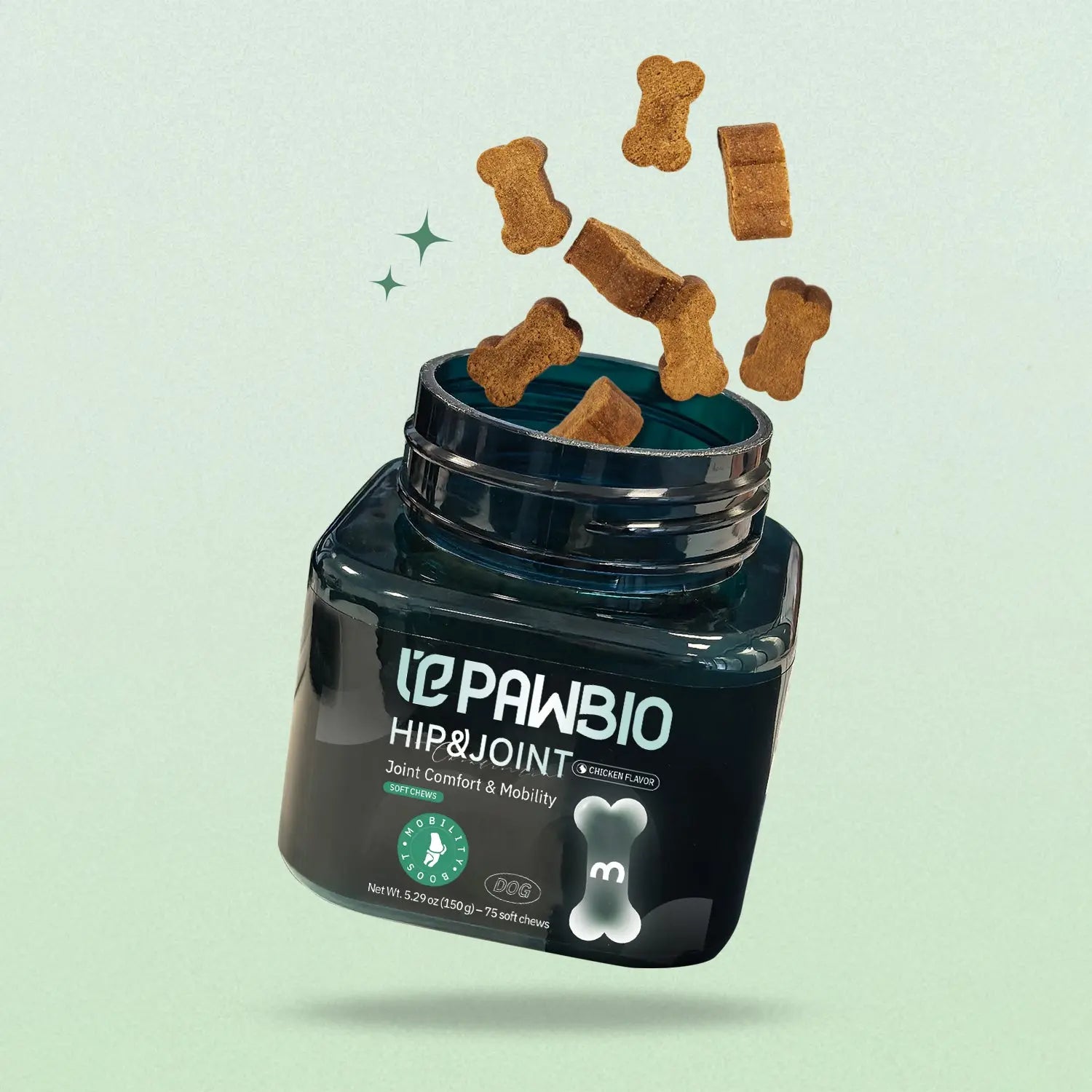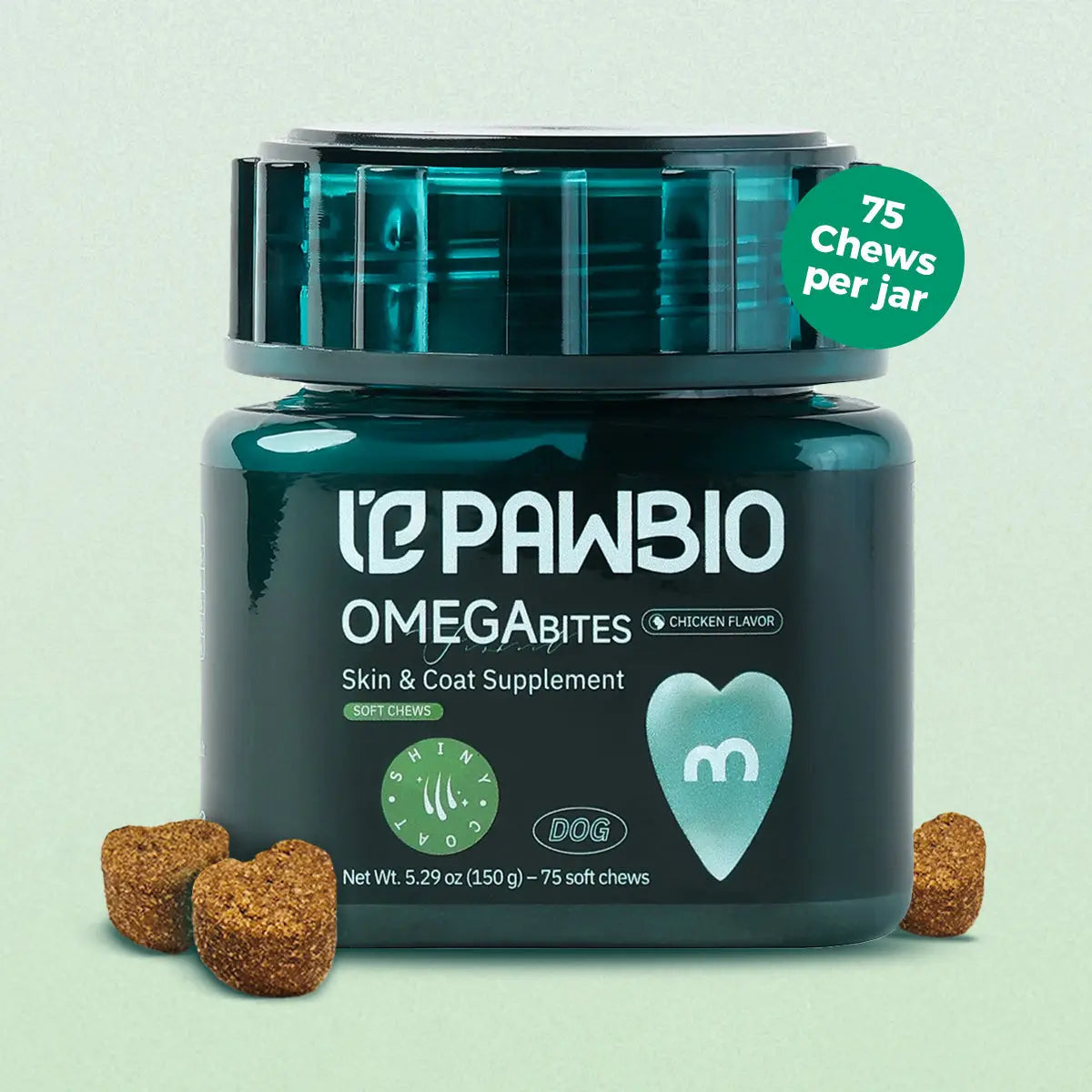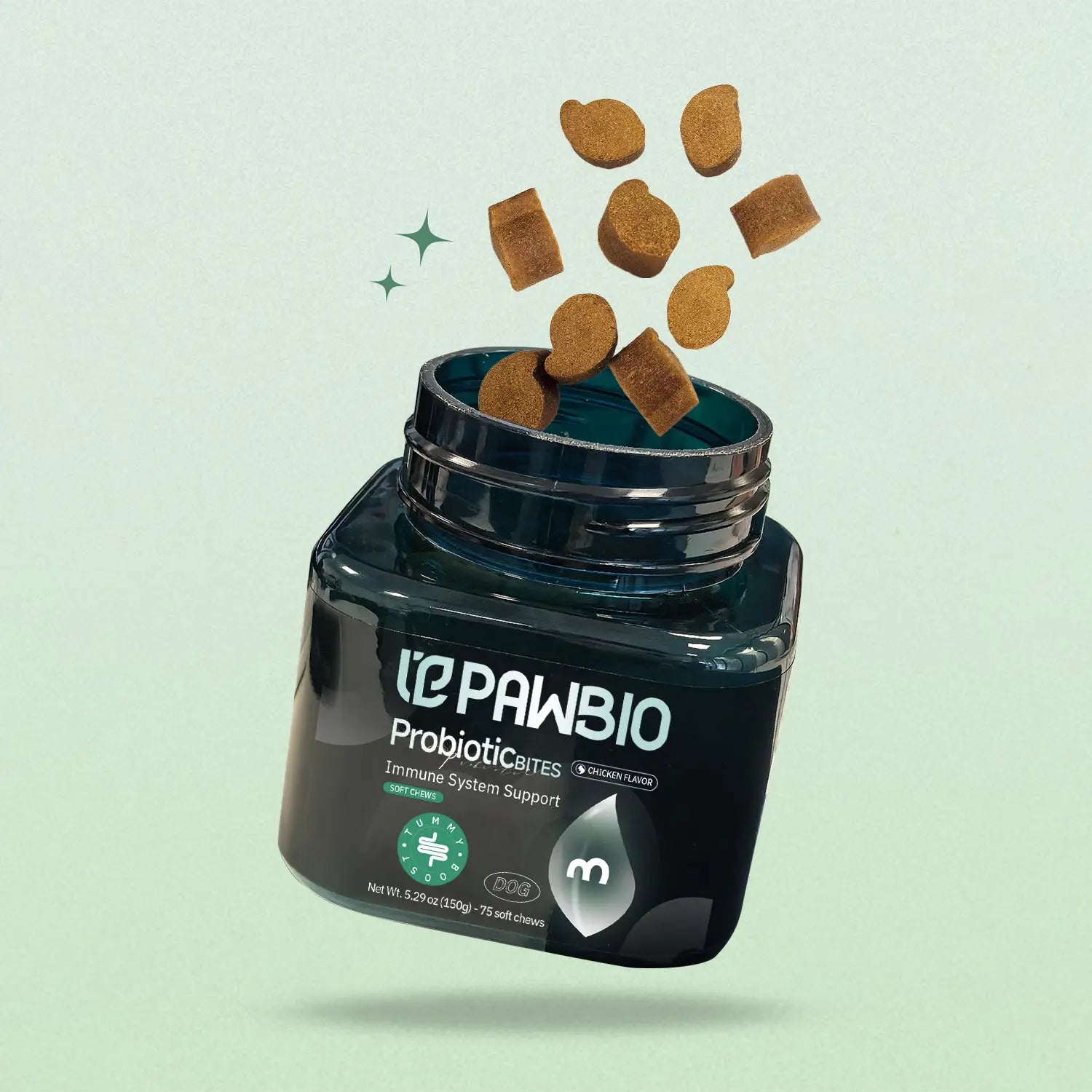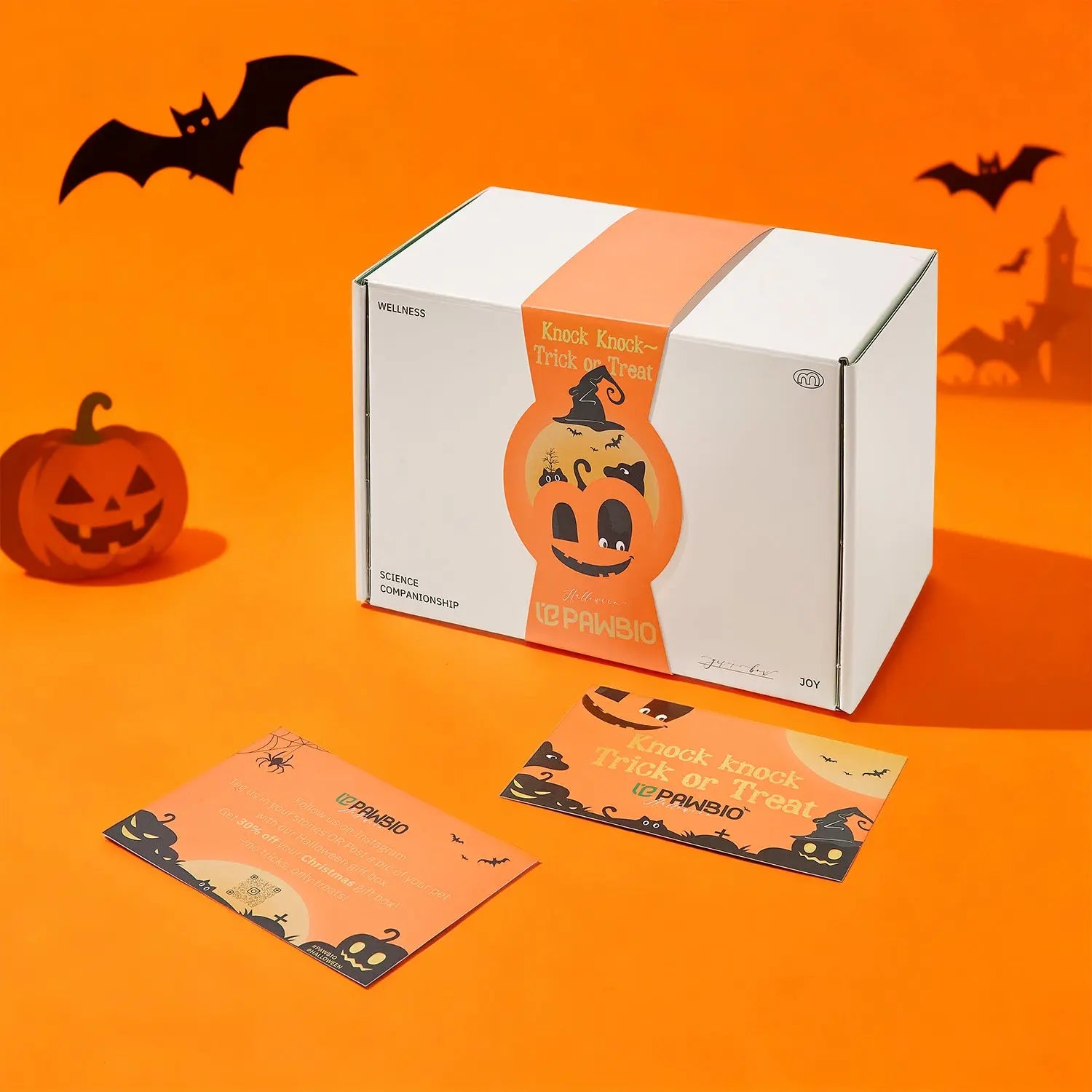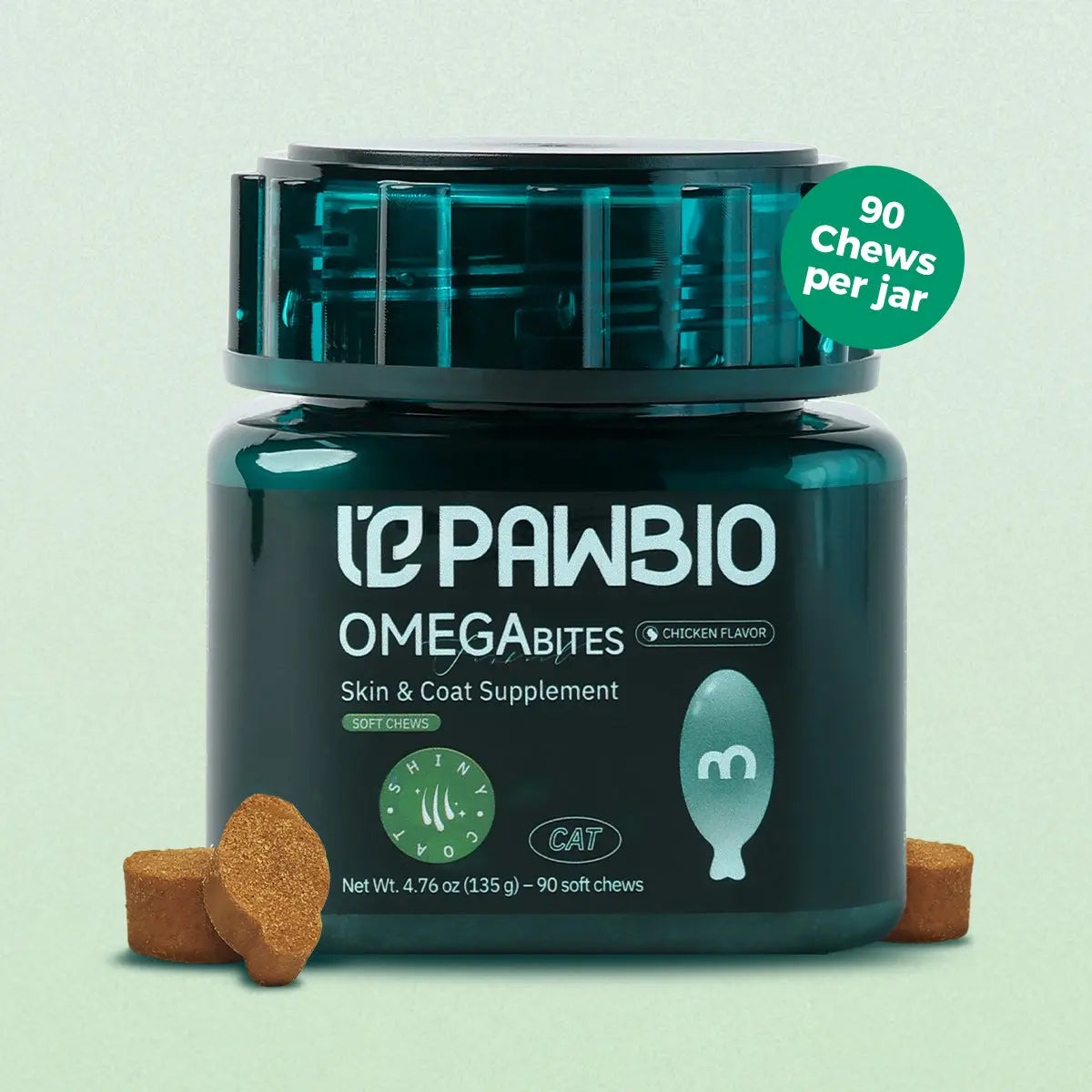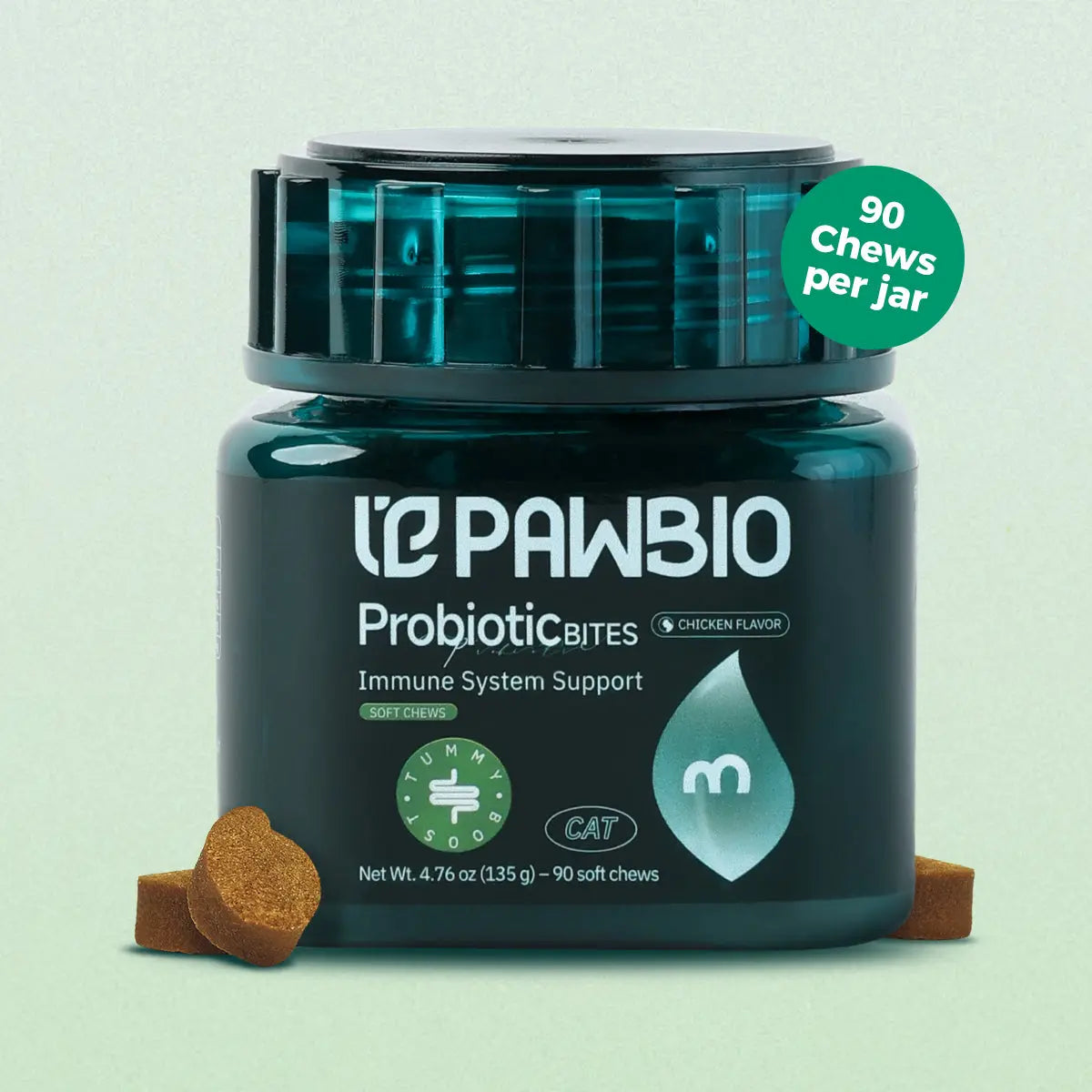By Dr.Jonathan Reed
Why Is My Dog Throwing Up Undigested Food? Causes, Remedies & When to See the Vet
Vomiting vs. Regurgitation: What’s the Difference?
-
Regurgitation: This usually happens soon a
-
fter eating, when food comes back up before reaching the stomach. It often looks like undigested kibble or chunks of food.
-
Vomiting: This is an active process that involves stomach contractions. Vomit may contain partially digested food and bile.
Common Reasons Dogs Throw Up Undigested Food
-
Eating too quickly – Dogs that gulp down meals may regurgitate soon after.
-
Esophageal issues – Blockages, narrowing, or even foreign objects can prevent food from reaching the stomach.
-
Delayed stomach emptying – Also known as gastric motility problems, where food sits too long in the stomach before moving into the intestines.
-
Gastroenteritis or infection – Stomach inflammation from bacteria, viruses, or spoiled food can cause vomiting.
-
Food intolerances or allergies – Some ingredients may upset your pup’s digestive system.
-
Underlying health problems – Conditions like liver disease, kidney disease, or parasites can also interfere with digestion.
When to Call the Vet
-
Vomiting multiple times in one day.
-
Refusal to eat or drink.
-
Blood in vomit (sometimes resembling coffee grounds).
-
Signs of abdominal pain, bloating, or restlessness.
-
Weakness, lethargy, or ongoing diarrhea.
What You Can Do at Home
-
Pause feeding temporarily – Withhold food for 12–24 hours (but not water) to give the stomach time to settle.
-
Reintroduce a bland diet – Start with small amounts of plain boiled chicken and white rice. Slowly transition back to your pup’s regular food.
-
Encourage slow eating – Try a slow feeder bowl or divide meals into smaller portions.
-
Support gut health with probiotics – Digestive supplements can help restore balance in the gut and promote healthy digestion.
Prevention Tips
-
Stick to a feeding schedule with smaller, more frequent meals.
-
Avoid giving high-fat table scraps or foods that are hard to digest.
-
Offer high-quality, balanced nutrition that supports digestive health.
-
Add natural prebiotics like pumpkin or sweet potato to promote gut balance.
-
Keep non-food objects out of reach—dogs love to chew, but swallowing toys or bones can cause dangerous blockages.

